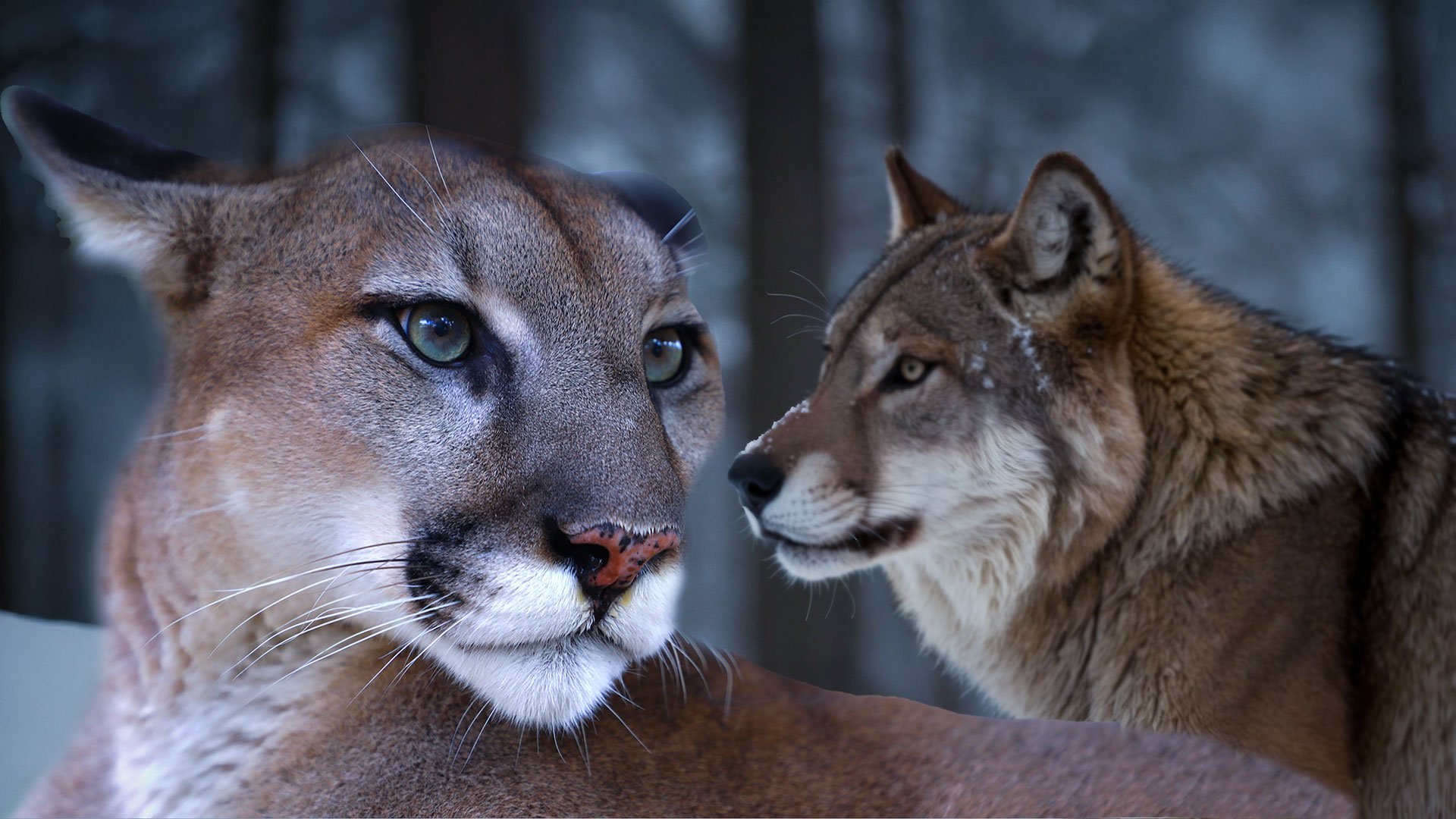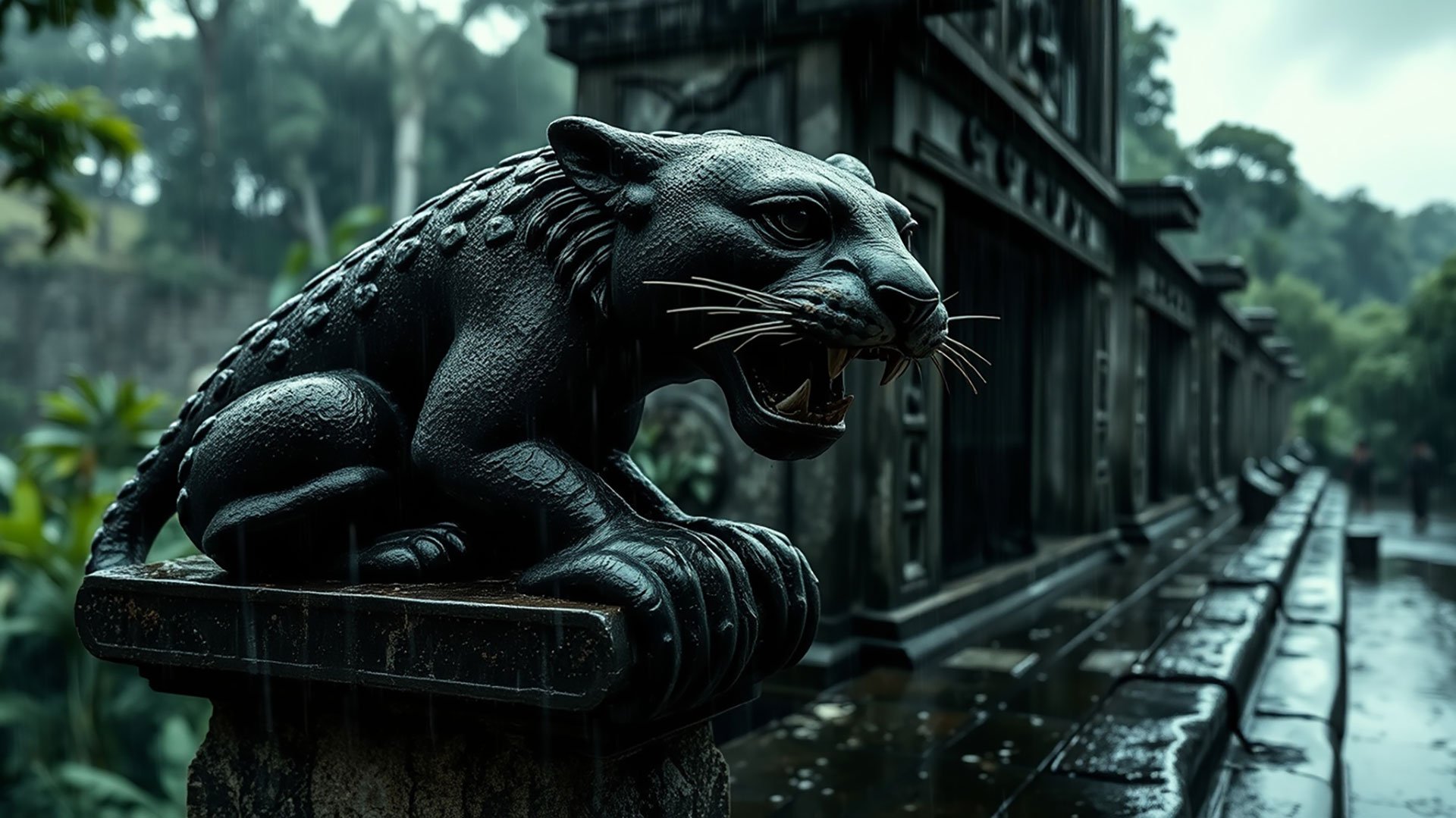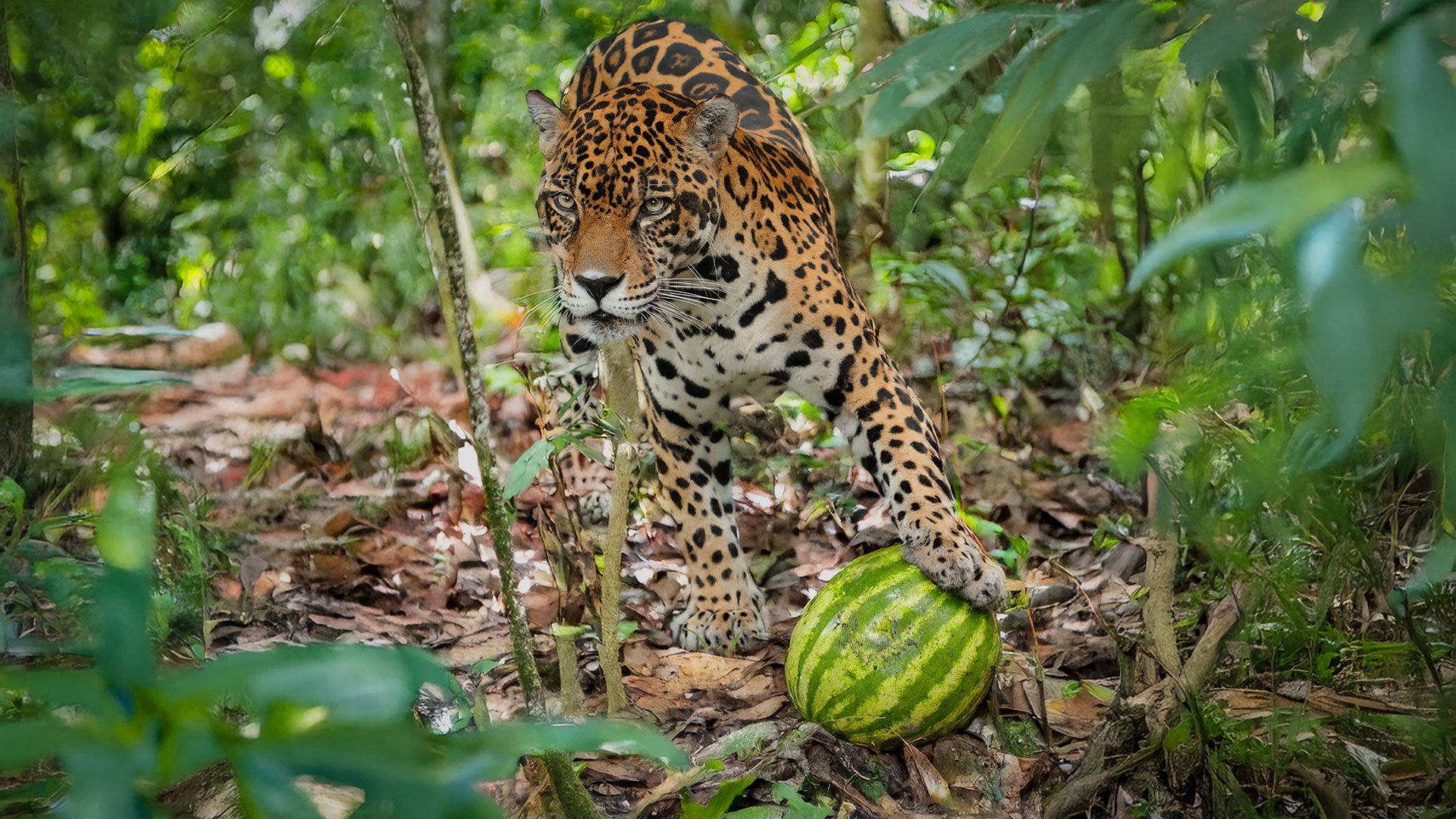Claws of Extinction: How Online Shopping is Killing Mexico’s Jaguars
Victor was scrolling through his feed when he paused. Among the clutter of posts and ads, something glinted—an amulet made of jaguar claws, described as “ancient power,” “handcrafted,” and “rare.” It was for sale on a public Facebook group. No dark web. No encrypted channels. Just a click away. And just like that, the life of a wild jaguar in Mexico became a trendy accessory.
This is not a fictional tale. It’s the unsettling reality uncovered by a sweeping study conducted by researchers tracking the illegal online trade of wild cat parts. And the findings were as shocking as they were heartbreaking: Mexico has emerged as the world leader in online jaguar part sales, surpassing even Bolivia and Brazil. A jaguar claw necklace isn’t just a cruel trophy—it’s a symptom of a much deeper ecological crisis.
A New Marketplace for an Ancient Predator
Historically, illegal wildlife trade operated in shadowy markets and back-alley deals. But from 2009 to 2019, over 20 international researchers tracked this gruesome business as it moved online. The platforms? Facebook. Etsy. eBay. Even Google and Yahoo search results.
In just over a decade, jaguar parts were being openly sold on social media across 31 platforms. By 2023, the data revealed a chilling trend: Mexico accounted for 23% of all online posts selling jaguar parts—more than any other nation. The items? Claws, fangs, skins, and bones, repackaged as “amulets,” “crafts,” or “traditional jewelry.”
And it’s not just jaguars. Leopards, lions, pumas, lynx, and even cheetahs—species not native to Mexico—have entered this digital death market. But among all, the jaguar remains the most heavily traded. In Mexico alone, 59% of wild feline parts sold online came from jaguars.
Not a Hidden Crime—But a Public One
The most disturbing revelation? This isn’t happening in secret.
“There’s no need for the dark web,” explained Mexican conservationist Antonio de la Torre, who spent a year combing online platforms for these listings. “Everything is happening in plain sight—groups, marketplaces, social feeds.” He found over 713 posts between 2011 and 2022 from just eight common websites. The hashtags? #JaguarFang #WildCraft #PowerClaw.
The sellers were everywhere—urban centers like Mexico City and tourist hubs like Felipe Carrillo Puerto in Quintana Roo, where artists proudly display necklaces made of real puma teeth to curious travelers. Shockingly, 87% of the buyers are in Mexico, proving this is not just a case of foreign demand.
One brazen post even showed a seller tagging their U.S. customer after shipping a jaguar claw necklace. Days later, the buyer proudly posted a selfie, wearing it.
Breeding, Killing, Selling
So where do these parts come from? A blend of poaching and legal loopholes. While native species like jaguars and ocelots are hunted, exotic cats like lions, tigers, and cheetahs are likely being bred in captivity in Mexico—fed, grown, and killed for their marketable parts.
The government does issue permits to breed big cats, but experts like de la Torre warn that “most of these breeders are not complying with the regulations.” It's a legal system built on sand—and silence.
There are only about 4,000 to 4,800 jaguars left in Mexico. And estimates suggest that up to 1.7% of this population is being wiped out to satisfy online demand for souvenirs. It's a death spiral, as each sale chips away at a species already clinging to survival.
A Tech-Savvy Crisis
Why can’t this be stopped?
The platforms themselves are struggling. Facebook’s trade in these parts happens largely through private groups, making it nearly impossible to regulate. And though Mercado Libre signed an agreement with the Wildlife Conservation Society in 2021 to monitor listings, many posts still go undetected or resurface under new keywords.
“The companies shipping these items need better verification systems,” de la Torre urges. “We’re talking about international packages containing skulls, claws, and teeth—moving freely through global mail services.”
What We Lose When We Look Away
Jaguars are apex predators—guardians of the ecosystems they roam. Their presence ensures the health of forests, rivers, and prey populations. Without them, the balance collapses. And we, as a global community, lose a majestic symbol of the Americas.
It’s tempting to dismiss this as a distant problem. But with every social media share, every “like” on a necklace made of death, the demand grows.
A Path Forward
So, what can we do?
Refuse to buy or promote any products made from animal parts.
Report suspicious listings on social media and online platforms.
Support legislation that bans the trade and breeding of big cats and their parts.
Donate to trusted organizations like Big Cat Rescue, which now funds field conservation efforts to protect these cats in the wild.
We’re not helpless. We’re just often unaware. But now you know. And with that knowledge comes power—the power to speak up, to support change, and to ensure the next jaguar prowling the Yucatán jungle isn’t destined to become a necklace.
Learn more: https://english.elpais.com/international/2025-06-18/buying-a-jaguar-claw-necklace-online-how-mexico-is-leading-the-illegal-feline-parts-trade.html












